The tech equivalent of a Harvard degree
You hear and read a lot about smart home tech, but it’s not always the right fit. After all, a lot of the technology tends to lean toward a more futuristic appearance, but you might not be willing to give up that heirloom lamp your family has kept in the living room for generations.
Thankfully, it’s not an either/or situation. You can get all the benefits of smart home technology without giving up a classic and/or rustic look. The key is turning your “dumb” appliances smart.
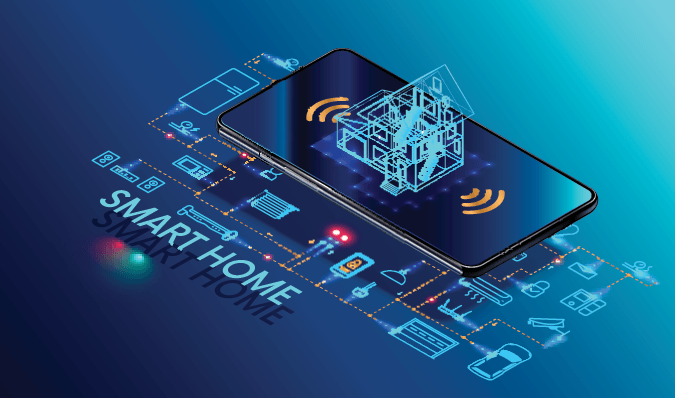
This article will walk you through several low-cost ways to give your classic lamp the tech equivalent of a Harvard degree. Devices like smart plugs, smart batteries, and others like them can give you control of your run-of-the-mill appliances over Wi-Fi without the need to change the look and feel of your entire home.
Install Smart Batteries To Smarten Up a Dumb Smoke Detector
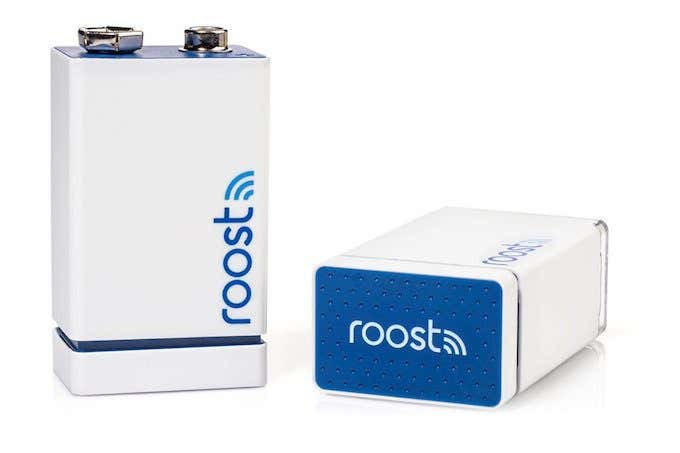
One of the most beneficial aspects of a smart smoke detector is the push notifications that come when the battery is low. It completely eliminates the irritating beeping that always seems to happen in the dead of night.
While a smart battery might not give you the same level of data analysis and or vocal announcements that a smart smoke detector will, it can send push notifications to your phone when the battery is low. Smart batteries are less common than other smart devices, but you can find them from companies like Roost. They’re also much less expensive.
Smart Lights Grant Smart Home Control Even In Older Appliances
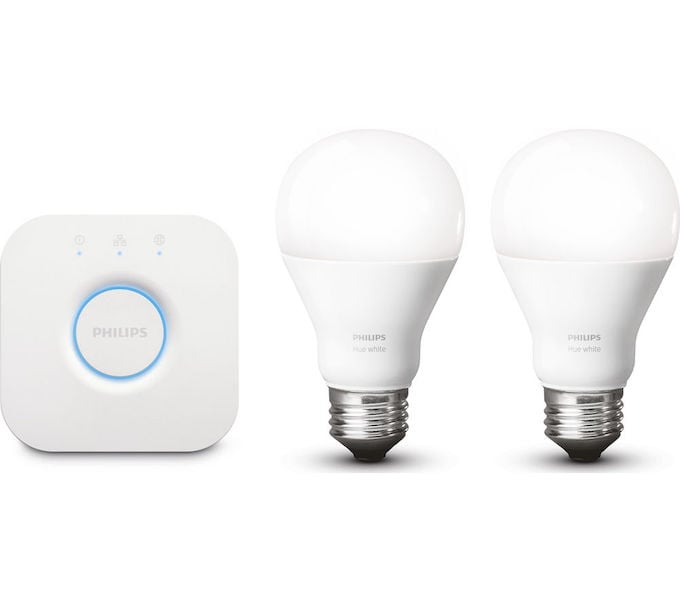
Most smart lights are nothing more than a bulb – and maybe a Wi-Fi hub. One low-cost way to get smart control over nearly any lamp simply by screwing in a smart light and setting it up. The “smart” feature comes from the bulb itself, not what it’s plugged into.
The only catch is that smart bulbs require a constant flow of power to operate. Smart bulbs use less energy than traditional light bulbs, but make sure the wiring in your lamp, especially if it’s older, is intact before you leave a current running through it for an extended period of time.
Smart Light Switches Can Turn All Your Lights On & Off At Once
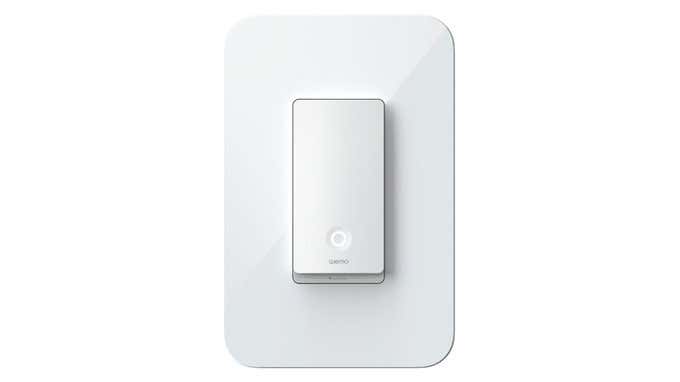
While smart bulbs can be useful for individual lamps, if you want to take control of your entire room’s lighting without investing in a lot of bulbs, you have to go to the source: the light switch.
An inexpensive smart light switch is basically a Wi-Fi on and off switch for your lights. Some include the ability to dim the lights, too. You can control the switch through a smart assistant like Google Home or Amazon Alexa, or with your phone.
Use a Smart Plug To Schedule Devices & Control The Power From Afar
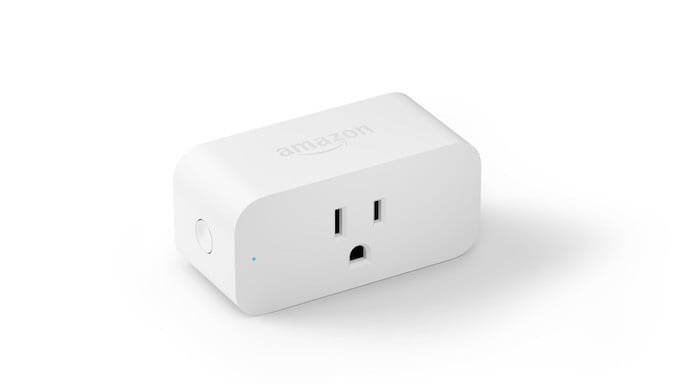
Have you ever wanted to wake up to a freshly-brewed pot of coffee, but you never invested in a programmable pot? A smart plug can help.
Smart plugs let you control the power to any device plugged into them, and some even provide you with detailed usage statistics like the amount of power the appliance used, the number of times it is turned on or off, etc.
Smart plugs are great for plugging a coffee pot into and scheduling it to come on at a set time each morning. You can also plug in risky appliances, like an iron or a space heater, and set a timer to ensure it goes off and you don’t accidentally leave something plugged in that might start a fire.
Use a Streaming Device & HDMI Settings To Turn a Dumb TV Smart
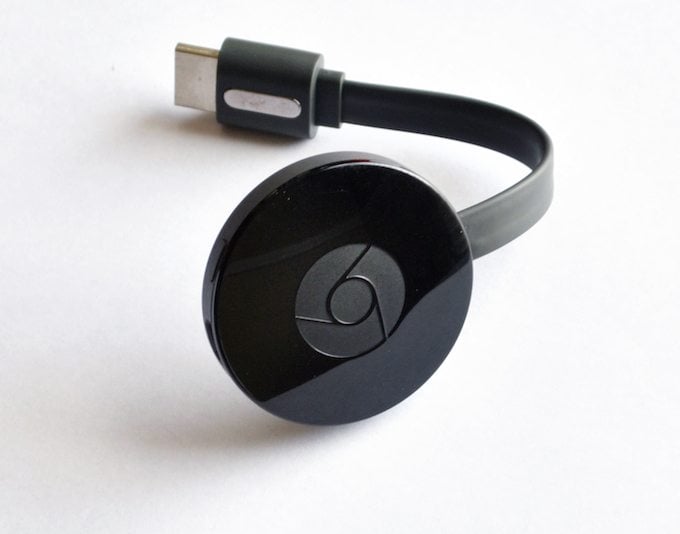
Devices like Chromecast, Roku, and the Amazon Fire Stick are low-cost and can do nearly anything a smart TV can. Most “smart” TVs are nothing more than regular TVs with certain streaming services built-in. If you plug a streaming device into a TV and activate HDMI-CEC, you can gain almost the same level of control in a normal TV that you would with a smart TV.
HDMI-CEC allows turning on a connected device (like a streaming stick) to also turn on the television and shift it to the proper input. Just turn the power on to your Chromecast and the TV will turn on to exactly where you want it.
Throw all of these devices together and you have a smart home for much less than if you purchased a brand-new suite of devices and appliances. Smart homes can seem expensive and limited in color choice, but they’re possible on any budget and any style—you just have to know where to look.




